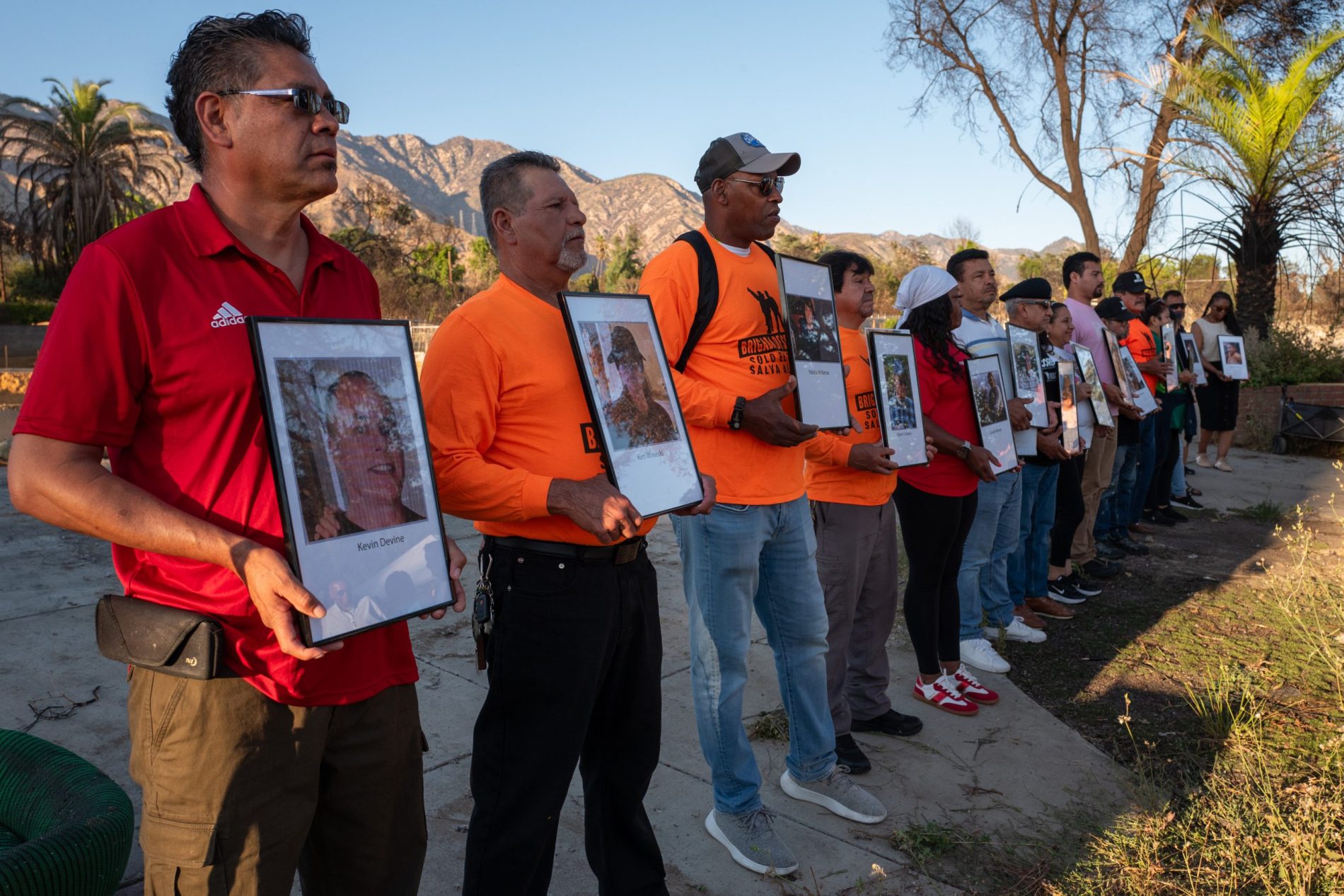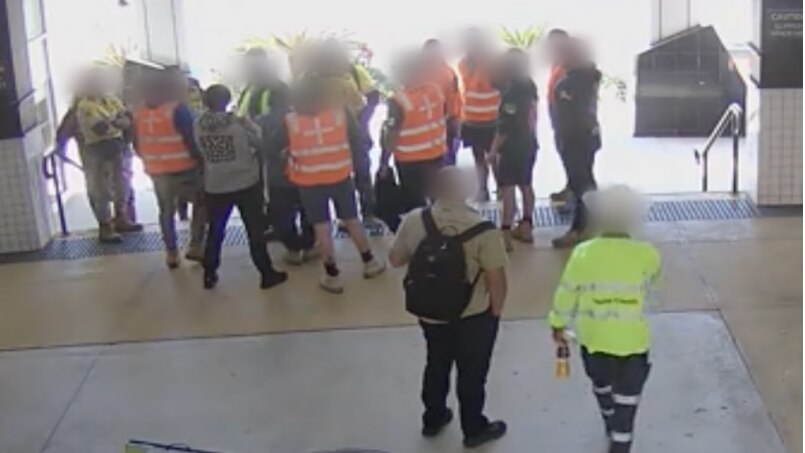
Labor Leader Steven Miles ‘Stunned’ by CFMEU Queensland Branch Report as Michael Ravbar Dismisses Findings

Allegations of Violence Within the CFMEU: A Deep Dive into the Report
Recent revelations about the Construction, Forestry, Maritime, Mining and Energy Union (CFMEU) in Queensland have sparked significant outrage and concern across the political landscape. A comprehensive report has raised serious allegations regarding the union’s conduct, revealing a culture of violence and intimidation aimed at furthering its agenda.
Key Findings of the Report
Released on Wednesday, the findings of the report, which was commissioned by the administrator Mark Irving KC, indicate that the Queensland branch of the CFMEU has breached its own anti-violence policies. The report asserts that the union employed threats and coercion, creating an atmosphere of fear and anxiety among government officials.
Geoffrey Watson SC, the author of the report, highlighted that since the Labor Party regained power in Queensland in 2015, the CFMEU effectively positioned itself as the dominant force in industrial relations. A statement from one government minister described the union as “so aggressive that nothing can satisfy its appetite.” Alarmingly, due to threats, police advised an upgrade in security for another minister.
Political Reactions
The implications of the report have led to strong reactions from various political figures. Queensland Opposition Leader Steven Miles expressed his shock and dismay at the findings, labelling the documented behaviours as “deeply concerning”. He emphasised that such conduct is completely unacceptable within the trade union movement, an environment he holds in high regard.
Miles clarified that he had not been made aware of any threats directed towards Labor ministers, although he acknowledged having witnessed inappropriate behaviour in meetings. He asserted that while some ministers faced severe instances of intimidation, he took appropriate actions within his capacity when necessary.
In contrast, Deputy Premier and Industrial Relations Minister Jarrod Bleijie accused the Labor Party of enabling such behaviour over the last decade, stating that while the CFMEU engaged in intimidation tactics, the Labor Party was complicit in allowing it to happen.
Leadership Under Scrutiny
The report places considerable responsibility on the CFMEU’s leadership, specifically targeting Secretary Michael Ravbar and Assistant Secretary Jade Ingham. Watson’s report asserts that a campaign of violence was likely orchestrated and executed by the union’s leadership, with a culture of violence deeply ingrained within the organisation.
Despite several invitations to partake in the investigation, both Ravbar and Ingham declined to respond. Ingham rejected the report’s findings, describing them as riddled with inaccuracies and based on selective accounts that do not reflect the true nature of the union’s culture. He argued that attributing the union’s culture solely to a couple of individuals oversimplifies the complexities of the organisation.
Disturbing Incidents Highlighted
Among the more troubling incidents detailed in the report was an interaction involving a female public servant who was reportedly isolated in the CFMEU offices. It was alleged that Ravbar entered the room, locked the door, and aggressively berated her, using abusive language and threatening her. The woman reportedly felt physically endangered and required psychological support following the incident. Ravbar has vehemently denied this account, labelling it as unfounded and asserting that the office doors operate under a security protocol that does not allow locking individuals inside.
Calls for Accountability
In light of the report, Mark Irving has called for accountability from the former CFMEU leadership. He stated that the findings illustrated a culture that was not only violent and abusive but also betrayed the fundamental values of unionism. Disciplinary actions against Ravbar and Ingham are reportedly underway, signalling a move towards accountability and reform within the organisation.
The Queensland Council of Unions has also chimed in, urging the former leaders to take responsibility for their actions and to apologise for the damage caused to the trade union movement in Queensland.
The Future of the CFMEU
While the report has ignited discussions about potential deregistration of the CFMEU branch, the Queensland Council of Unions has voiced strong opposition against such moves. They argue that deregistration would silence the voices of construction workers in Queensland, undermining their representation and rights.
Irving has pledged to address the issues highlighted in the report decisively, stating that he is prepared to act on credible evidence of misconduct without waiting for external legal actions. He aims to replace the existing culture with one that embodies the core values of accountability, respect, and dignity for all workers.
As the situation unfolds, it remains clear that the CFMEU is at a critical juncture, facing intense scrutiny and the need for significant cultural reform. The implications of this report could reshape the landscape of trade unionism in Queensland for years to come.








